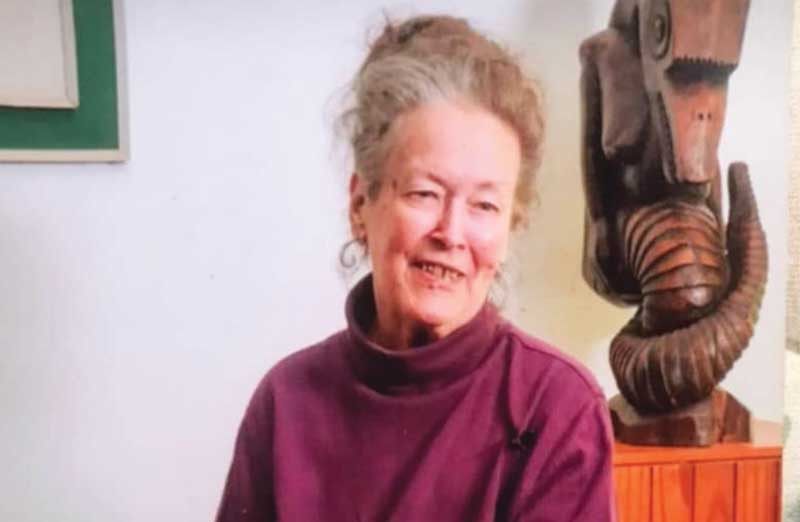
The National Arts Council of Zimbabwe (NACZ) has described the late veteran creative and former chairperson of the National Theatre Organisation of Zimbabwe, Susan Hains as having been instrumental in the creation of legislation which saw the establishment of the arts mother body in 1985 from the ashes of the National Arts Foundation.
NACZ director Nicholas Moyo said the NACZ Act mandated the new NACZ body to foster, develop and improve the knowledge, understanding and practice of the arts in Zimbabwe.
In 2021, Hains was one of the 40 legends who were awarded the National Arts Merit Awards (Nama) legends @40 Awards for her life-long commitment to the arts and her role in nurturing many theatre producers, directors and administrators who have become the backbone of the sector in Zimbabwe today.
“We learnt with sadness the news of the death of Susan Hains. Her influence and support can be found somewhere at the base and foundation of many of Zimbabwe’s successful actors, writers and directors,” Moyo said.
“Hains grew up in Harare where in her youth she studied dance and acting. She went on to study acting at the Royal Central School of Speech and Drama in London and then worked in the industry in the United Kingdom.”
Moyo said Hains pursued an interest and developed skills working in film and television as a make-up artist and continuity director. She continued to work in these roles in the Zimbabwean film industry.
“More importantly, Hains dedicated a large portion of her life, from the mid-1970s to the present day, supporting and coaching young acting talent in Zimbabwe. Her profile grew to include the support and coaching of scriptwriters and directors,” he said.
Moyo said Hains assisted many artists to work in theatre establishing a strong and diverse voice that represents the Zimbabwean society.
- Creatives urged to plough back into communities
- Arts council extends Nama entries submission date
- Writers gather for the Great Book Launch
- Schools battle for honours at Jikinya Dance Fest
Keep Reading
“In her role as chairperson of the National Theatre Organisation of Zimbabwe, she was able to extend this work to embrace and include all Zimbabweans. She facilitated the contribution from a wide range of artists and experts to develop and decolonise Zimbabwean theatre making it more inclusive,” he added.








